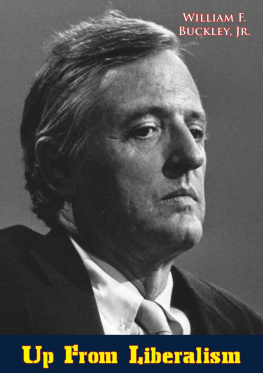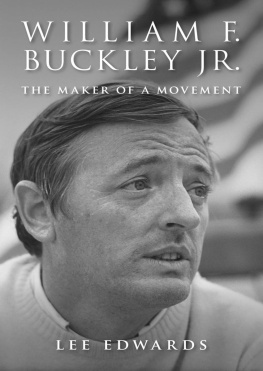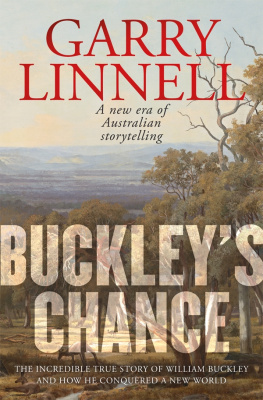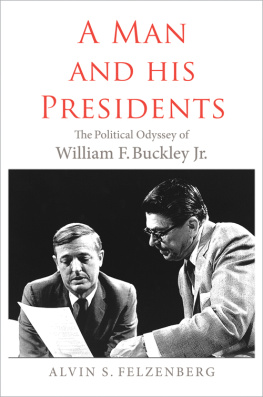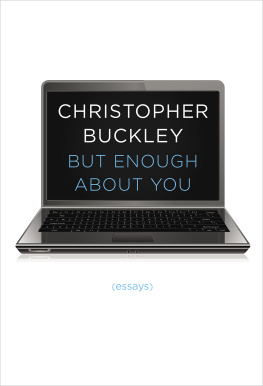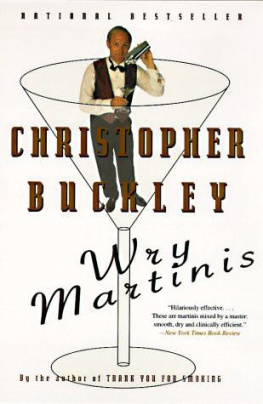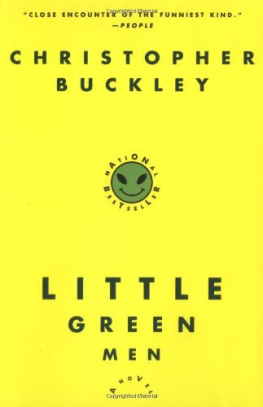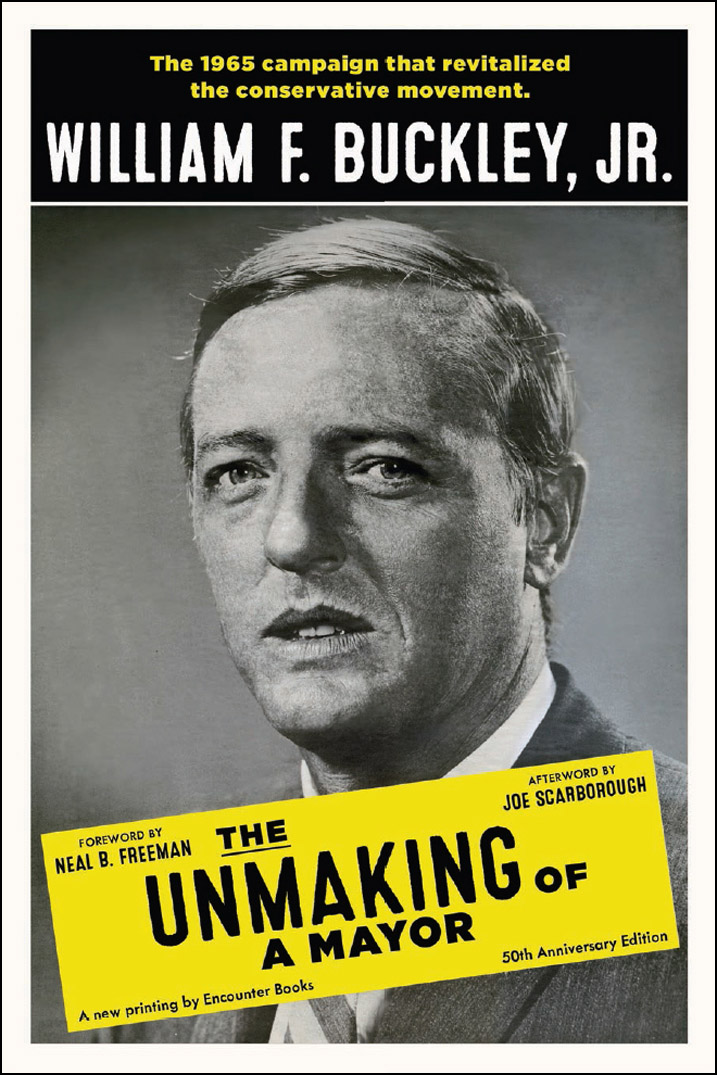
Candidates Rosemary Gunning, WFB, Hugh Markey.

At home, between speeches.

With James Buckley at recording session.
NEW YORK DAILY NEWS / GETTY IMAGES ; TRUMAN MOORE / THE LIFE IMAGES COLLECTION / GETTY IMAGES ; CORNELL CAPA INTERNATIONAL CENTER OF PHOTOGRAPHY / MAGNUM PHOTOS

Lindsay, Beame, WFB, U.S. flag

Abraham Beame and friend

Beame makes a point.
CORNELL CAPA INTERNATIONAL CENTER OF PHOTOGRAPHY / MAGNUM PHOTOS

Kieran ODoherty (center, sitting), James Buckley (standing, between posters)

NBCs Gave Pressman at mike.
CORNELL CAPA INTERNATIONAL CENTER OF PHOTOGRAPHY / MAGNUM PHOTOS

Election Day
NEW YORK DAILY NEWS / GETTY IMAGES

1966 by William F. Buckley, Jr. First edition published in 1966 by Viking Press
1977 by William F. Buckley, Jr. Vindication edition published in 1977 by Arlington House
2015 by National Review
All rights reserved. No part of this publication may be reproduced, stored in a retrieval system, or transmitted, in any form or by any means, electronic, mechanical, photocopying, recording, or otherwise, without the prior written permission of Encounter Books, 900 Broadway, Suite 601, New York, New York, 10003.
50th Anniversary edition published in 2015 by Encounter Books, an activity of Encounter for Culture and Education, Inc., a nonprofit, tax exempt corporation.
Encounter Books website address: www.encounterbooks.com
The paper used in this publication meets the minimum requirements of ANSI/NISO Z39.481992 (R 1997) (Permanence of Paper).
50TH ANNIVERSARY EDITION
LIBRARY OF CONGRESS CATALOGING-IN-PUBLICATION DATA
Buckley, William F., Jr., 19252008 author.
The unmaking of a mayor / by William F. Buckley, Jr.50th Anniversary
pages cm
Includes bibliographical references and index.
ISBN 978-1-59403-848-8 (ebook)
1. Lindsay, John V. (John Vliet) 2. MayorsNew York (State)New YorkBiography.
3. New York (N.Y.)Politics and government1951- I. Title.
F128.54.L56B83 2015
974.7043092dc23
[B]
2 0 1 5 0 1 9 3 3 1
For Kathleen Elliott Taylor
WIDOWED ON NOVEMBER 1, 1965
FROM A GRATEFUL AND DEVOTED SON-IN-LAW
W.F.B., Jr.
New York CityMay 1, 1966
Contents
Guide
O UR TEXT TODAY is a pair of classic Buckley quips from the great 1965 vintage. People who remember nothing else about William F. Buckley, Jr.s, brief foray into elective politics recall his reply when asked what he would do if elected Mayor of New York. He would demand a recount. And they remember, as well, his response when asked how he felt as he emerged from a meeting with the editorial board of The New York Times. He felt as if he had just passed through the Berlin Wall.
Somewhere in my attic is a photograph of Bills introductory press conference. He is grinning wolfishly, and I am wincing in pain. He has just been asked what he would do as his first act of office, and we both know whats coming next. He had come up with the recount crack a few weeks earlier, and I had urged him not to use it in public. It was a Buckley-grade witticism, to be sure, but it was not likely to be good for unit morale. But Bill was a writer and not a politician, which is to say that he was constitutionally incapable of letting a great line go unused. He thus proceeded to roll it across the pressroom with perfect timing and to predictable effect. Merriment bounced off all four walls.
As we all have come to learn, painfully or otherwise, japes have consequences. Before even the first news cycle had expired, a press narrative had begun to take shape: namely, that Bills campaign was something of a lark, some elaborate form of self-entertainment. In the dismissive parlance of the day, Bills was not a serious campaign, whatever that might be. Our fundraising receipts, never torrential, slowed to a dribble and the volunteer effort flagged. The Buckley for Mayor campaign was off and limping.
What turned it around, I would like to report, was the incandescent performance of our candidate; ingenious stratagems devised by management; and a flawless, five-borough ground game executed by our vaunted field operation. It would be more accurate to say, however, that what turned the campaign around was a scheduling quirk.
In the early days, before we had learned a thing or two about crowd management, we felt free to expose Bill to large groups of self-selected citizens. Most of these exchanges were high-minded, even civic-virtuous in tone. But when an ideological match touched dry tinder, a raging rhetorical fire could break out. One meeting with a group of excitable feminists, for instance, became a high-decibel, low-information event, and I had no ready answer when Bill asked me later, Remind me why we did that, would you?
On another occasion, Bill and I found ourselves the only whites in a large room packed with angry black voters. They were angered by what they perceived to be Bills unthinking support for a racist police force, the NYPD. Needless to say, the game was on.
Back and forth they went. Bill and his audience talked about crime. Black crime. Black-on-white crime. Black-on-black crime. And they talked about leadership. Community leadership and moral leadership. It was a long, hot ninety minutes, and Bill sweated through his preppy, blue button-down, the stains spreading down his flanks. Discount this judgment for sycophancy if you like, but he was magnificent. By the end of the meeting, something had changed.
There remained not a single person in that room who thought Bills views on race and crime were unthinking. He was deeply informed and maintained an intellectual clarity throughout the raucous colloquy. His audience listened to him, and they gave him their respect, if not their support.
For his part, Bill became a changed candidate. As a polemicist for a little magazine, he had been poking Liberal shibboleths through the bars of a cage. As a candidate on the big stage, he was poking those shibboleths from inside the cage. There was no place to hide now. He was fighting for his public life.


